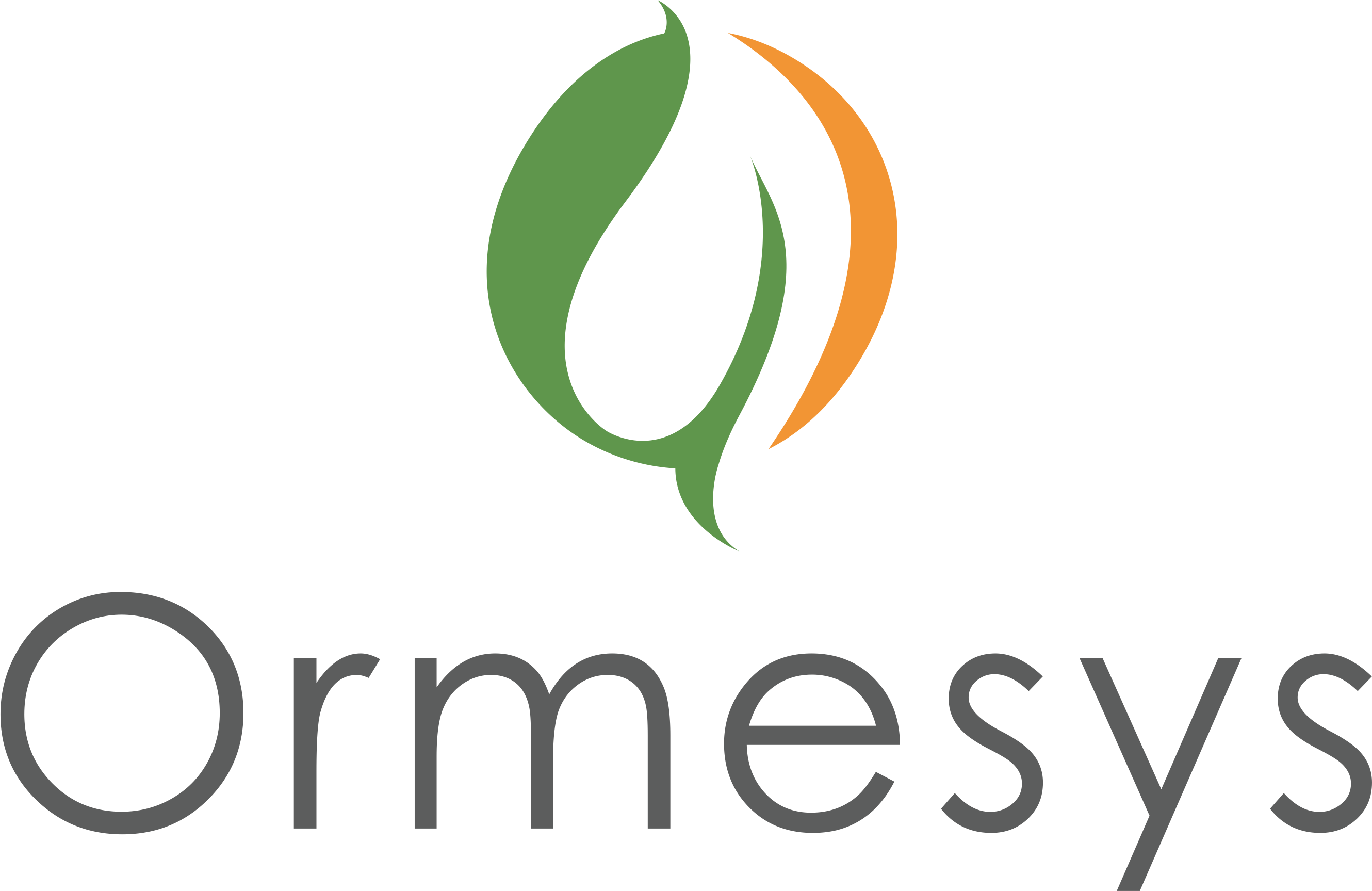Hotel Industry Trends in 2025: Resilience, Transformation, and Emerging Opportunities

Hotel Industry Trends in 2025: Resilience, Transformation, and Emerging Opportunities
The hotel industry continues to evolve in 2025, in a post-pandemic world shaped by lasting structural changes. Driven by shifting traveler expectations, technological innovation, environmental pressures, and geopolitical uncertainties, the hospitality sector is undergoing a deep transformation. Here are the major trends reshaping the industry and the strategic opportunities they present for investors, operators, and entrepreneurs.
1. The Rise of Experiential Travel: Hotels as Destinations
Trends:
-
Travelers seek immersive, local, and authentic experiences.
-
The concept of the “destination hotel” is gaining traction: hotels become living spaces in their own right (food, wellness, culture, spirituality).
-
Growth in thematic stays (digital detox, wellness retreats, craft workshops, spiritual journeys).
Opportunities:
-
Develop niche experiential offerings, such as hotels connected to regional heritage, artisanal skills, or cultural traditions.
-
Create hybrid spaces combining lodging with workshops, coworking, wellness practices, or meditative environments.
2. Hyper-Personalization and Invisible Technology
Trends:
-
Increasing use of artificial intelligence and predictive management systems.
-
The guest experience is increasingly personalized and seamless, powered by data and automation.
-
The rise of “invisible technology”: frictionless, screen-free, comfort-driven.
Opportunities:
-
Invest in smart CRM systems and voice interfaces to deliver tailored services without increasing labor costs.
-
Automate low-value tasks (check-in/out, maintenance) to optimize operating margins.
3. Radical Sustainability and Territorial Regeneration
Trends:
-
The hospitality industry faces growing environmental and regulatory pressure (zero-net artificialization, carbon neutrality, local tourism).
-
Guests increasingly seek purpose-driven experiences: carbon neutrality, biosourced materials, short supply chains, renewable energy.
-
Emergence of regenerative hospitality: hotels are expected to have a positive impact on their surroundings.
Opportunities:
-
Build or renovate properties to “Net Zero” standards, leveraging public subsidies and increasing real estate value.
-
Partner with local producers to create resilient micro-economies around hotels.
-
Position as a leader in transitional tourism with strong ecological and social impact narratives.
4. Flexibility and Diversified Use of Hotel Spaces
Trends:
-
Surge in “blended travel”: work and leisure are increasingly intertwined.
-
Hotels are becoming multi-purpose hubs: coworking, coliving, fitness, childcare, events.
Opportunities:
-
Repurpose hotel assets into hybrid venues, diversifying revenue streams beyond accommodation.
-
Target digital nomads, active retirees, and young families with flexible, modular offers.
5. Geographic Shift: Countryside, Peripheries, and Spiritual Sites
Trends:
-
Mass tourism is fading in favor of slower, local, and meaningful travel.
-
Strong growth in stays in rural, mountainous, or spiritual areas.
-
Hotel chains are shifting toward modular, autonomous small-scale properties.
Opportunities:
-
Acquire or convert existing buildings (farmhouses, abbeys, manor houses) into character-rich micro-hotels.
-
Focus on areas with high spiritual or heritage tourism potential (pilgrimage routes, historic villages).
6. Reconfigured Chains and the Rise of Digitally Empowered Independents
Trends:
-
Large hotel groups are launching boutique and lifestyle brands.
-
Well-digitized independent hotels are gaining ground.
-
The “soft brand” model (independence + shared standards + distribution platform) is becoming mainstream.
Opportunities:
-
Create a light hotel brand uniting various properties under a common identity (e.g., ecology, wellness, silence, art).
-
Pool resources for technology, marketing, and booking while preserving local authenticity.
Conclusion: The Future Lies in Human-Scale, Locally Rooted, Agile Hospitality
The hotel industry in 2025 stands at a crossroads: rather than reviving old models, success lies in reinventing them around sustainable values, human-centric tech, and deep territorial integration. The field is ripe with opportunity—especially for players who can combine local anchoring, innovation, modularity, and compelling storytelling.


